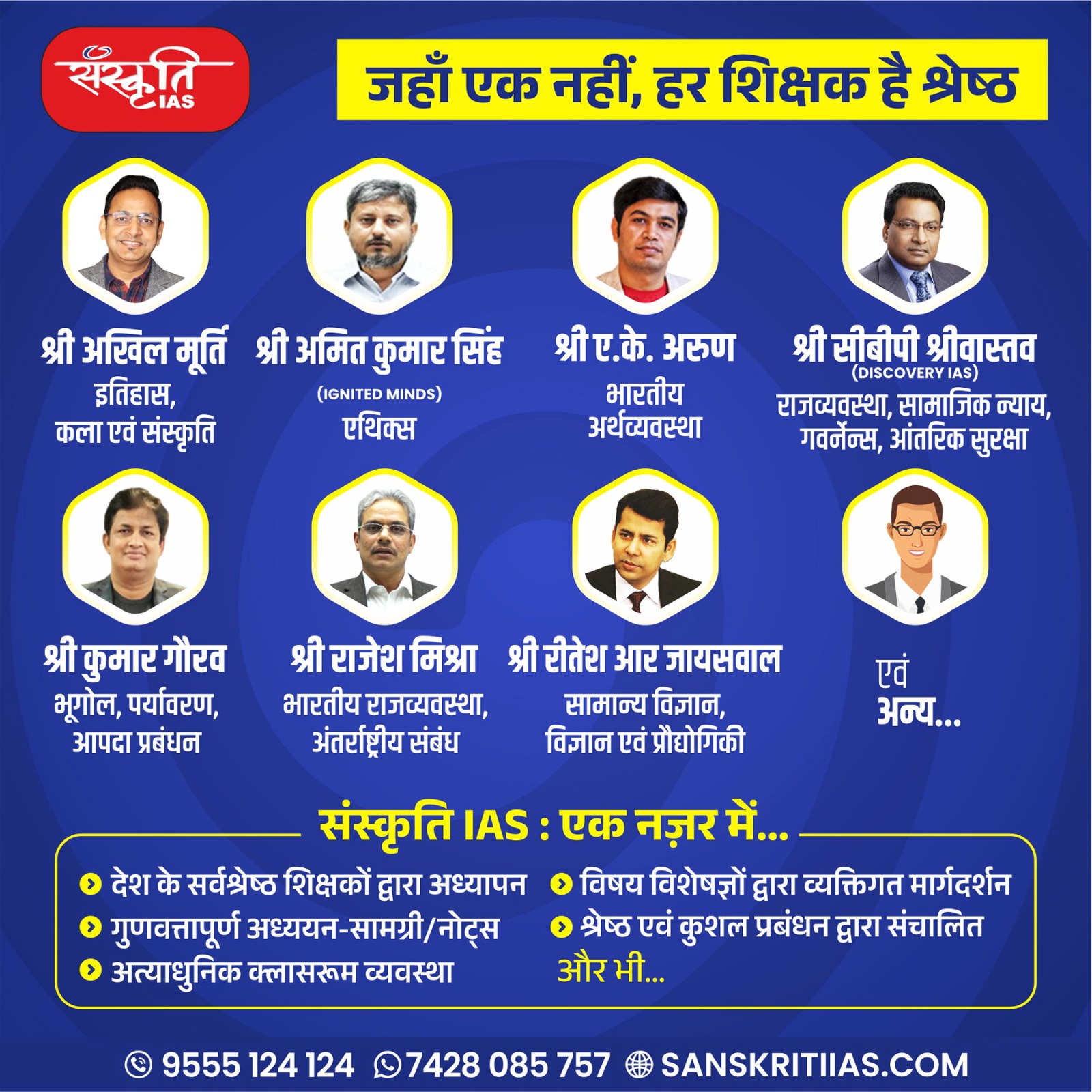The Congress leaders from Pune, Abhay Chhajed and Ramesh Iyer, have taken a significant step to ensure a more transparent and fair election process in India. They have filed a writ petition in the Supreme Court of India, advocating for a significant upgrade to the country’s electronic voting machines (EVMs) in anticipation of the 2024 parliamentary elections.
Their petition explicitly requests the Supreme Court to direct the Election Commission of India (ECI) to adhere to its own 2013 directive and the recommendations of an expert committee concerning deploying advanced EVMs.
These recommendations likely include enhancements to EVM technology to make the voting process more secure and verifiable. The specifics of these recommended upgrades must be more detailed in the initial information provided.
The Supreme Court has taken note of this petition, and a bench comprising Chief Justice D.Y. Chandrachud, Justice J.B. Pardiwala, and Justice Manoj Mishra is actively engaged in this matter. In response to the petition, the Supreme Court has issued a notice to the ECI and the Union government, demanding their reactions to the petition’s request that the Voter Verified Paper Audit Trail (VVPAT) slips produced by the EVMs should include the time and date of voting.
This addition to the VVPAT slips could enhance the auditability and traceability of votes, potentially increasing the overall transparency of the electoral process.
The legal team representing the petitioners, comprising lawyers Abhay Anil Anturkar, Surbhi Kapoor, and Asim Sarode, has brought this issue to the forefront of the judiciary’s attention at a critical moment.
With the 2024 parliamentary elections approaching, the call for upgraded EVMs reflects broader concerns about electoral integrity and the need for robust mechanisms to reassure the electorate about the fairness of the voting process.
This legal move by Congress leaders, urging for EVM upgrades, highlights the ongoing debates in India about electoral reforms and the technological means to ensure that elections are both free and fair.
The Supreme Court’s engagement with this issue, through issuing a notice to the ECI and the Union government, sets the stage for a significant dialogue on the future of electoral technology in India, with potential implications for the conduct of the 2024 parliamentary polls.
The write petition filed by Congress leaders Abhay Chhajed and Ramesh Iyer in the Supreme Court represents a proactive step towards electoral reform, explicitly targeting the integrity and transparency of the electronic voting process in India. Their demands are twofold, focusing on the technological enhancement of Electronic Voting Machines (EVMs) and the procedural cooperation between the Election Commission of India (ECI) and the central government for conducting free and fair general elections in 2024.
The petition’s core is the request for a writ of mandamus—or a similar judicial order—that would compel the ECI to introduce specific design changes in EVMs before the upcoming 2024 general elections. These changes include printing the time and date on Voter Verified Paper Audit Trail (VVPAT) slips, a feature notably absent in the 2019 general elections and more recent electoral contests, such as the Kasba Vidhan Sabha by-election.
Including the time and date on VVPAT slips is seen as a critical Congress
Including the time and date on VVPAT slips is seen as a critical measure for enhancing the auditability and verifiability of votes. VVPAT systems are designed to provide a physical printout of the voter’s selected candidate, which the voter can see but not touch, ensuring the vote has been correctly recorded by the EVM. Adding a timestamp and date to these slips would theoretically allow for a more detailed verification process during vote counting, potentially highlighting discrepancies or irregularities in the voting record.
The petitioners have underscored the significance of this demand by referencing the expert committee of the Election Commission’s recommendation for such a feature, which, despite being acknowledged, has not been implemented universally across the EVMs used in Indian elections. This call for technological enhancement aligns with the broader demand for the ECI and the central government to coordinate to ensure the electoral process is conducted in a manner that upholds voters’ rights and fosters trust in the democratic process.
Furthermore, the petition emphasizes the need for a “specific voter’s electoral rights charter,” suggesting a framework or set of guidelines aimed at protecting and clarifying voters’ rights within the electoral process. This charter could serve as a cornerstone for electoral reforms, ensuring voter rights are explicitly defined and safeguarded.
The petition by Chhajed and Iyer, thus, is not just a request for technological upgrades; it is a call for a comprehensive approach to electoral reform that includes both the modernization of voting technology and the establishment of clear, enforceable standards for the conduct of elections. By bringing this matter to the Supreme Court, the petitioners seek to leverage the judiciary’s authority to prompt action from the ECI and the central government to instil greater confidence in the electoral process among the Indian electorate.























